Off with their… pot-themed hats, t-shirts, etc.!?
You may have heard the media reporting on the ban against retailers at the Denver International Airport (DIA) from selling products with the likeness of marijuana displayed on it. But the legality of the municipal ordinance draws greater attention by its similar restriction against any person who may “display” such products. I certainly hope this portion of the ordinance is not interpreted to include non-commercial displaying, e.g. passengers displaying such by wearing a t-shirt or hat with a marijuana-theme, carrying a bag with a marijuana leaf patch on it, etc.
RELATED:
Atlanta International Airport Pushing Unconstitutional WiFi Policy
Why Did Four Seasons and Marriott Both Close Doors on the Ugandan President?
Sky Lantern Bans Continue, As Do Illegal Launches
OPINION: Ebola Travel Ban Could Do More Harm Than Good
Did progressive Denver just take a step backwards? Have they not seen the popular and successful tourism marketing campaign centered on “Sin City” and “What happens in Vegas” for Las Vegas?
Or as The Cannabis puts it:
It boils down to one of the central arguments made for legalization in the first place: If adults can legally consume alcohol and tobacco, why not marijuana? So, if the airport can celebrate and make money off Colorado’s reputation for beer, why not marijuana? It’s illogical.
And there is a lot more to the Centennial State than its legal weed, or even its craft breweries, but there’s also a lot more to New York than the Empire State Building, a lot more to California than the Hollywood sign and a lot more to New Orleans that flashing breasts in exchange for beads. Unfortunately for good taste, though, people should be allowed to buy shot glasses depicting those things. And if they want to express how much they “pot leaf” Colorado, that’s their choice, not the airport’s.
The Denver municipal ordinance not only makes it illegal to “sell” merchandise depicting marijuana, you may not “display” (wear?) said merchandise:
30.16 MARIJUANA PROHIBITED AT DENVER INTERNATIONAL AIRPORT
16-1 Marijuana at Denver International Airport
It shall be unlawful to:
(a) possess, consume, use, display, transfer, distribute, sell, transport grow Marijuana on any property or facilities owned by Denver International Airport including but not limited to any building, structures, terminals, parking and ground transportation facilities, roadways, land, hangers, warehouses runways, shops, hotels, motels and administrative offices;
(b) sell, display, or advertise any product bearing the image, likeness, description, or name of Marijuana or Marijuana-themed paraphernalia; and
(c) advertise a Marijuana-related business or establishment.
16-2 Exceptions
Section 16-1(b) shall not apply to the following:
(a) Publications or other commercial, print media products in which Marijuana or the image, likeness, or description thereof is incidental to the principal purpose of the publication or product;
(b) Non-commercial products containing educational materials relating to Marijuana.
16-3 Definitions
For the purposes of this Section 30.16, the term “Marijuana” shall mean and include all parts of the plant of the genus cannabis whether growing or not, the seeds thereof, the resin extracted from any part of the plant, and every compound, manufacture, salt, derivative, mixture, or preparation of the plant, its seeds, or its resin, including marijuana concentrate. “Marijuana” does not include fiber produced from the stalks, oil or cake made from the seeds of the plant, sterilized seed of the plant which is incapable of germination, or the weight of any other ingredient combined with marijuana to prepare or oral administrations, food, drink, or other product.
16-4 Violation
Anyone who violates Section 30.16 of this rule will be subject to the administrative procedures and penalties set forth in the Denver Revised Municipal Code, Chapter 2, Article Xll and Chapter 5, Article ll.
As this issue grows (or wilts and dies), we may not see the end in sight for a potential legal battle as to the First Amendment restriction concerns in this nonpublic forum that is the Denver International Airport (DIA).
It is settled law that the First Amendment does not give citizens the right to exercise free speech rights on any government property at any time. Just as a private property owner, the government has power to preserve the property under its control, with a forum analysis leading the determination the extent of control of expression. To this end, strict scrutiny applies to any attempt to limit public expression at a traditional public forum or a designated public forum, but a policy limiting expression at a limited public forum or a nonpublic forum need only be reasonable.
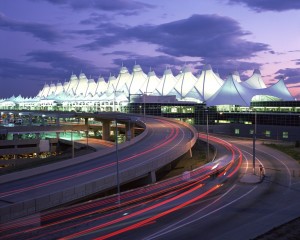
As pointed out in the 1992 landmark case that finally stopped tiptoeing around the question of whether an airport is a public or nonpublic forum in the dicta, International Society For Krishna Consciousness, Inc v. Lee, 505 U.S. 672, 112 S.Ct. 2701, 120 L.Ed.2d 541 (1992) set the scene for a similar analysis that we find here today (citations omitted):
It is uncontested that the solicitation at issue in this case is a form of speech protected under the First Amendment. But it is also well settled that the government need not permit all forms of speech on property that it owns and controls. Where the government is acting as a proprietor, managing its internal operations, rather than acting as lawmaker with the power to regulate or license, its action will not be subjected to the heightened review to which its actions as a lawmaker may be subject. Thus, we have upheld a ban on political advertisements in city-operated transit vehicles, even though the city permitted other types of advertising on those vehicles. Similarly, we have permitted a school district to limit access to an internal mail system used to communicate with teachers employed by the district.
These cases reflect, either implicitly or explicitly, a “forum-based” approach for assessing restrictions that the government seeks to place on the use of its property. Under this approach, regulation of speech on government property that has traditionally been available for public expression is subject to the highest scrutiny. Such regulations survive only if they are narrowly drawn to achieve a compelling state interest.
The DIA is such an airport — owned and operated by the City and County of Denver. Thus, to pass Constitutional muster, the restriction on “speech” need only satisfy a requirement of reasonableness (and need not be the most reasonable or the only reasonable limitation) and are not based on the speaker’s viewpoint.
Additionally, the first hurdle I see this ordinance having overcoming is its overly broad and impermissibly vague time, place and manner restrictions. By the ordinance’s own definition, the word “marijuana” is banned, as are “themed” products, leaving unreasonably broad discretion to officials on how and when enforcement may occur.
Read a further, detailed evaluation from Prof. Eugene Volokh — Can Denver airport ban sales of marijuana memorabilia?
So, is it reasonable for the local government to ban tourists flying through Denver, where pot is famously legal, from freely shopping for and purchasing some overpriced tchotchkes (or even wearing them?) for the reasonable protection of a “public interest” (the image of the Denver)?
____
@travelblawg
facebook.com/travelblawg
Subscribe in the sidebar!
Disclosure of Material Connection: Some of the links in the post above are “affiliate links.” This means if you click on the link and purchase the item, I will receive an affiliate commission.



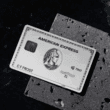
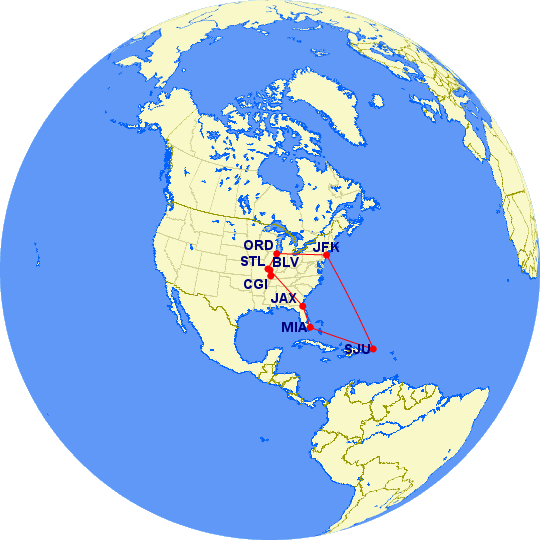
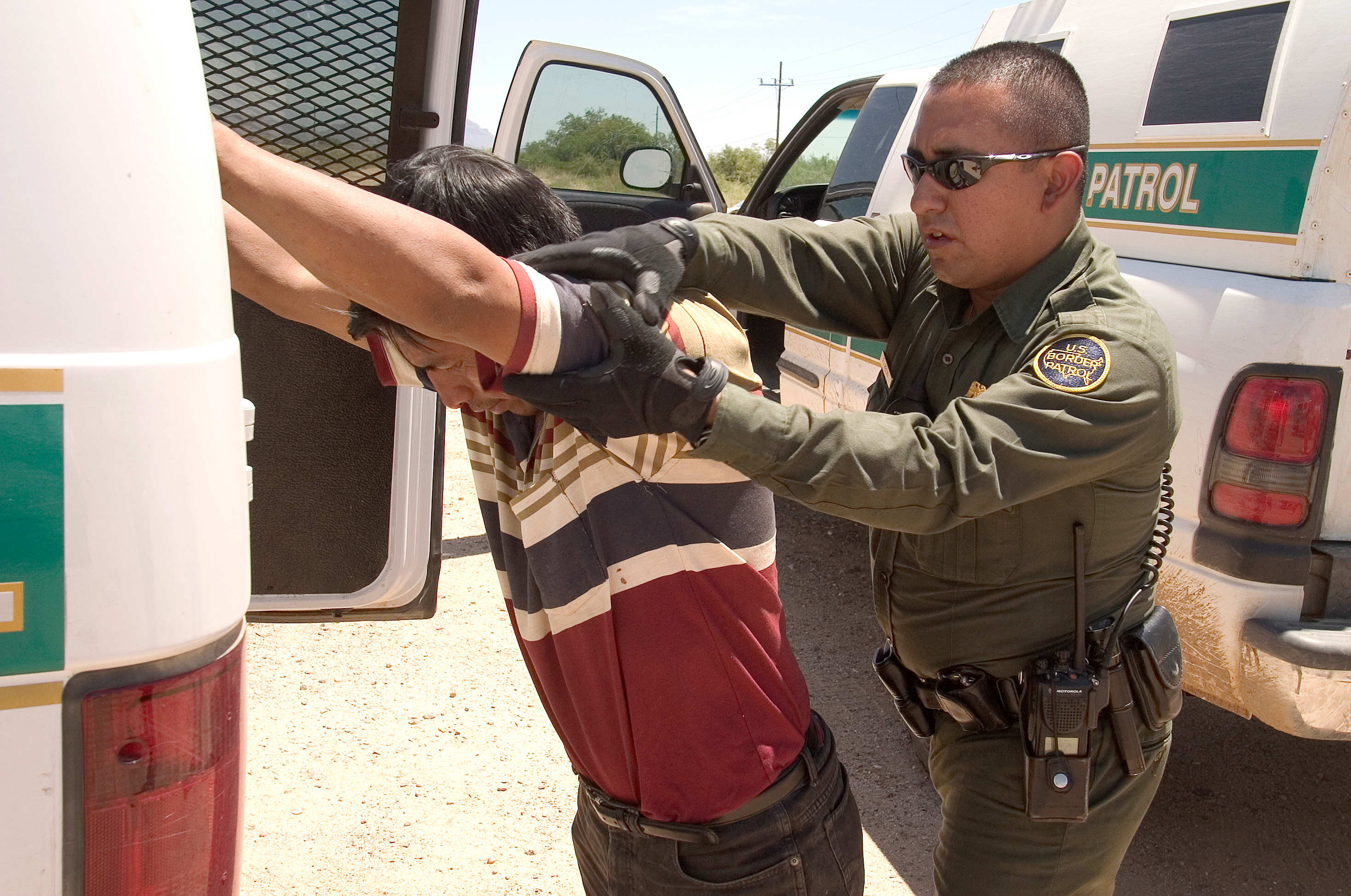
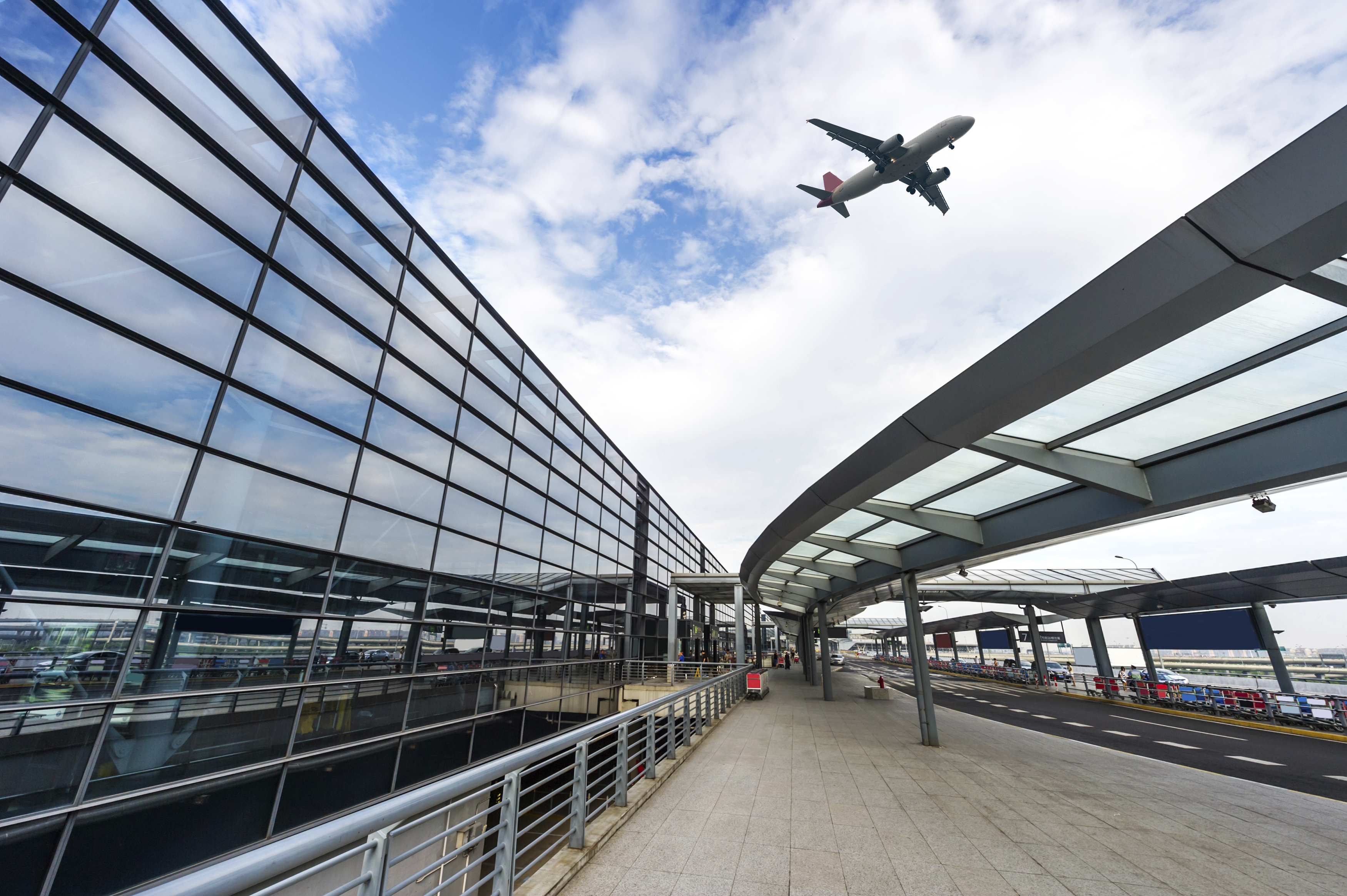

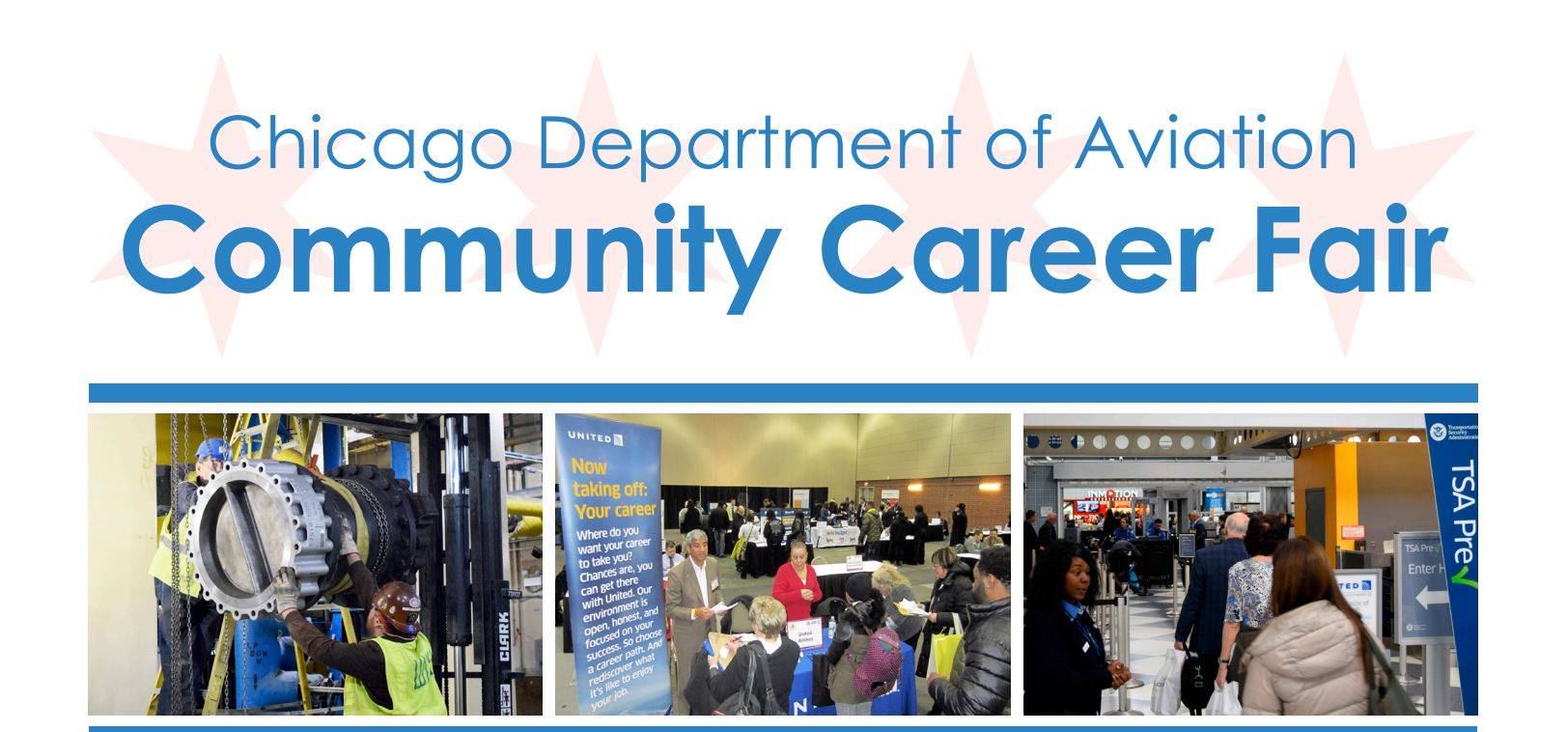
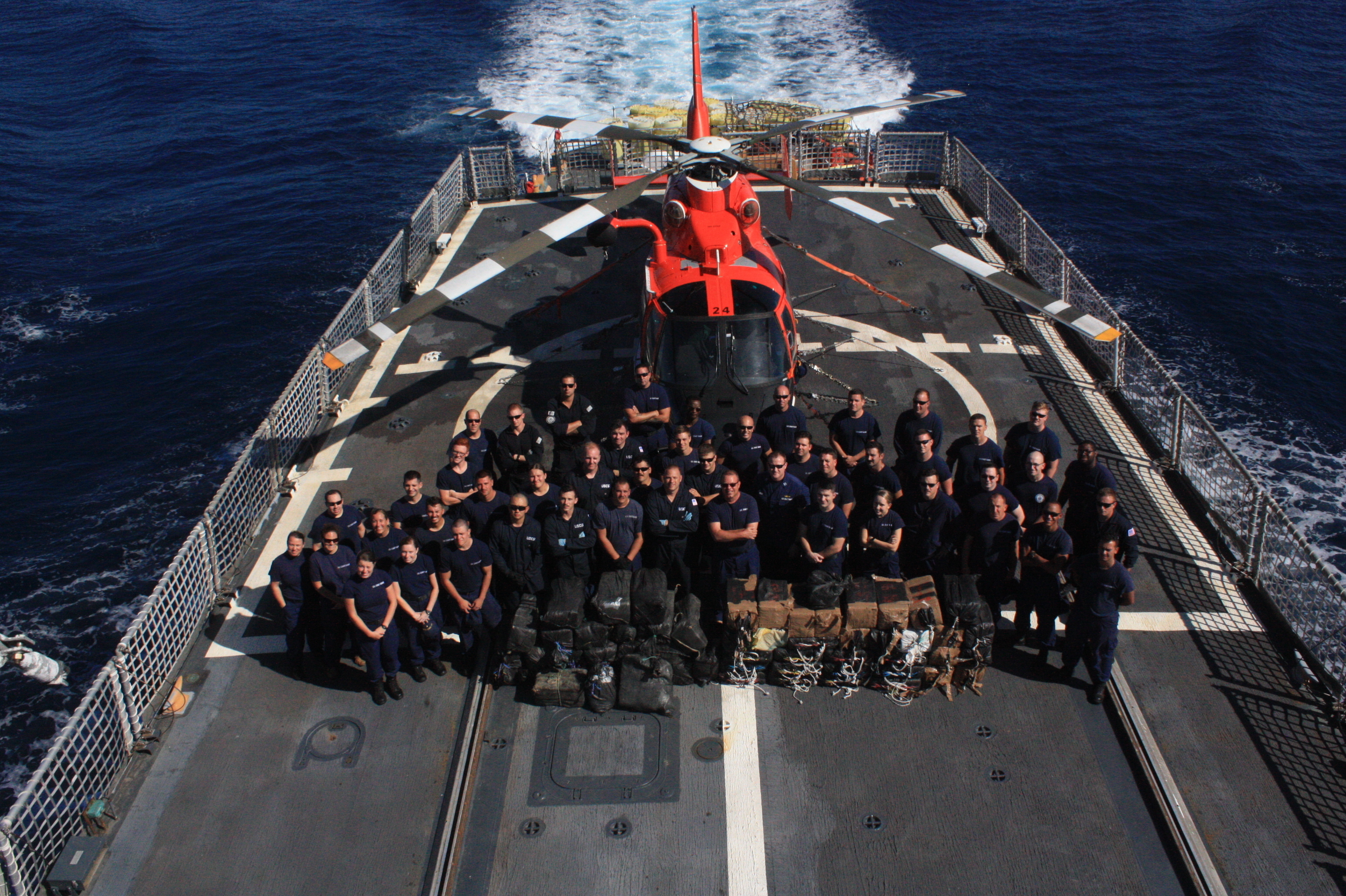

why do they care so much? wouldnt selling clothing increase their revenue?
or are they so scared of the feds that they don’t want to start going down the slippery slope and find out operation chokkpoitt forced their banks to shut down their accounts?
Let me preface that I am not a lawyer, let alone a specialist in first amendment law. My layman’s opinion is that there ARE certain restrictions on advertisements and on airport retailers that could be permissible, but this isn’t likely one of those.
Airports are landlords have broad authority to pick and choose merchants and to impose conditions on those merchants such as that they must sell healthy meal options, or price products similarly to other venues outside the airport. They can prefer one type of food over another, and thus do not have to accept all offers to lease space, as they pursue their legitimate goal of creating a desired environment for passengers and airline customers.
Even with respect to advertisements, they don’t have to accept all ads offered, and can make reasonable choices such as to decline ads that themselves violate the law or encourage violations of law. Lehman v. City of Shaker Heights (1974) [Advertising marijuana when it was illegal in the state would seem to fall within this, and perhaps advertising the sale of marijuana which remains against federal law would be as well.]
In a limited public forum restrictions on expression “can be based on subject matter and speaker identity so long as the distinctions drawn are reasonable in light of the purpose served by the forum and are viewpoint neutral.” Cornelius vs NAACP Legal Defense Fund (1985).
It seems as though marijuana is a live political issue, marijuana leaves can convey political meaning, and while I don’t know that a facial challenge would prevail I think we can certainly imagine specific instances where the law as-applied would prevent viewpoint-specific political messages that would be inappropriate for the airport to preclude and thus it would seem like this would be considered overbroad.
As far as prohibitions on individuals wearing clothing that display marijuana leaves, well, there’s no universe in which that’s permissible.
Thank you, Gary, for the well thought out comment. This stuff makes for a perfect Constitutional Law exam question, as bright-line answers are few.
As to your last point, I can think of a couple government owned, nonpublic forums in which such a restriction may and has been upheld — courtrooms and classrooms.
I dunno, if in Cohen vs California you can’t be prohibited from wearing ‘F- the Draft’ clothes in court this non-lawyer is willing to wager on the ability to wear a marijuana leaf t-shirt in an airport..